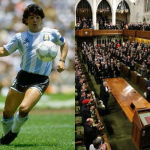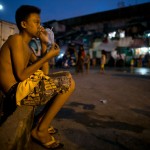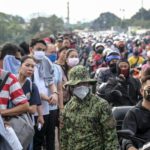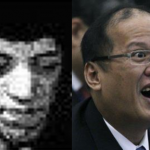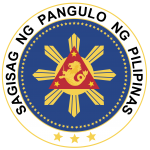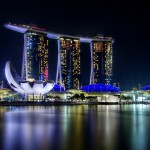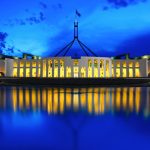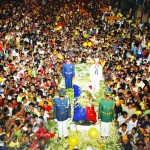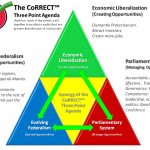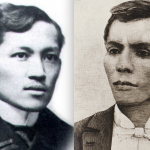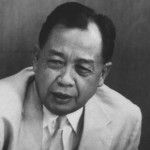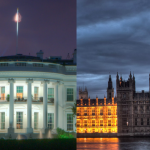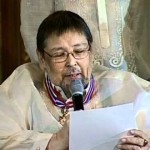Chapter V – The Rights Enforcement Commission
Article 172. The Commission on Human Rights is hereby reconstituted as the Rights Enforcement Commission, to be composed of a Chairman and four Members. It shall be tasked with the protection of civil and political rights and the enforcement of the laws of armed conflict.
Article 173. The Members of the Rights Enforcement Commission shall be citizens of the Philippines, and at the time of their appointment, at least forty years old, or recognized probity and independence, members of the Philippine Bar, and for ten years or more a judge or engaged in the practice of law in the Philippines, and must not have been members of a political party or coalition for a period of not less than six months, and must not have been candidates for any elective position in the elections immediately preceding their appointment.
Article 174. The Chairman and the Commissioners shall be appointed by the President of the Republic upon the binding advice of the President of the Council of Government and with the consent of the Commission on Appointments for a term of twelve years without reappointment. Of those first appointed, the Chairman shall hold office for twelve years, one Commissioner for nine years, two for six years, and the last for three years. Appointment to any vacancy shall be only for the unexpired portion of the term of the predecessor. In no case shall any Member be appointed or designated in a temporary or acting capacity. No more than one commissioner may, under any circumstance, be a military reservist, a retired general or flag officer of the armed forces, or a retired member of the police.
Article 175. The Rights Enforcement Commission shall investigate, on its own or on complaint by any party, any violations of civil and political rights, and of the laws of armed conflict, by any public or private entity within or, subject to the applicable norms of diplomatic relations, outside the Philippines. It shall exercise all powers necessary and incidental to this function, including: the issuance of temporary protective orders, effective for ninety days, for the physical protection of parties or the maintenance of status quo ante, including release of prisoners or detainees to its custody, which shall not, unless otherwise provided by law, include the suspension of legitimate operations without the consent of the Supreme Court of Justice; the issuance of regulations providing for legal measures to protect the human rights of all persons within the Philippines and of Filipinos residing abroad and the safeguarding the rights and privileges of protected persons under humanitarian law, and to ensure compliance by all combatants with the laws of armed conflict; and the provision for preventive measures and legal aid services to the underprivileged whose human rights or rights under the laws of armed conflict have been violated or need protection.
Article 176. The Commission may directly file the appropriate criminal, administrative, or other proceedings in competent tribunals, including, upon a finding of four Commissioners that all available remedies within the Philippines are ineffective, international bodies.

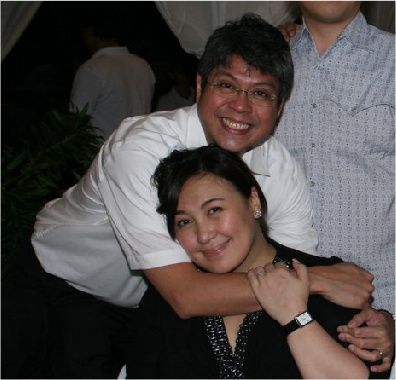

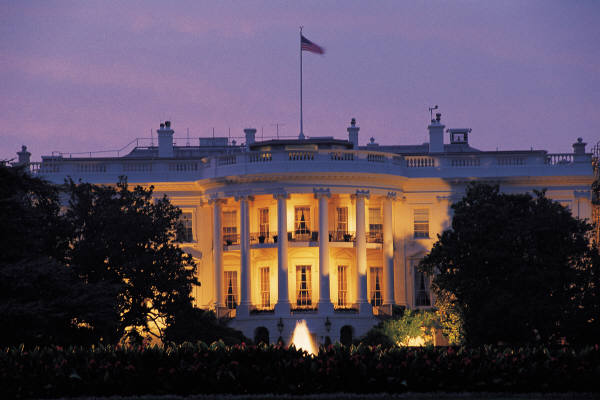
 I believe: This is a CoRRECT™ Video with a very positive message
I believe: This is a CoRRECT™ Video with a very positive message Walang Natira: Gloc-9's MTV Rap about the OFW Phenomenon
Walang Natira: Gloc-9's MTV Rap about the OFW Phenomenon

